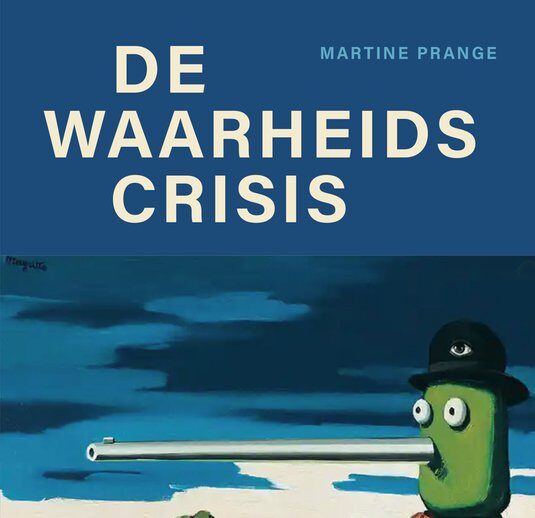Categorie: Activiteiten
Sinds 2018 reikt SWIP-NL om de twee jaar de Hypatiaprijs uit voor het beste en meest prikkelende en actuele filosofieboek geschreven door een vrouw. Jaarlijks verzorgen we een Hypatia-evenement.
Daarnaast organiseert het bestuur een reeks academische lezingen en incidenteel panels, werkgroepen en publieksprogramma’s. Ook leden kunnen namens SWIP-NL activiteiten organiseren.
-

SW*IP-NL Leesgroep: Eva Illouz – Explosieve moderniteit
-
SW*IP-NL Academische Lezing door Rae Aumiller op 15 oktober 2025
-

SW*IP-NL Leesgroep: Martine Prange – De Waarheidscrisis
-

SW*IP-NL leesgroep: Bonnie Honig – Publieke Dingen
-

Tip van SW*IP: Event over Judith Butler 17 december 2024
-

SW*IP-NL Leesgroep: Judith N. Shklar – Over Onrecht
-
Hypatialezing 2024: Robert Chapman
-
SW*IP-NL Academische lezing door Maren Wehrle op 18 november 2024
-
Autumn School OZSW & SW*IP-NL 28 en 29 november 2024 in Tilburg
-
Winnaar Hypatiaprijs 2024: Jenny Slatman
